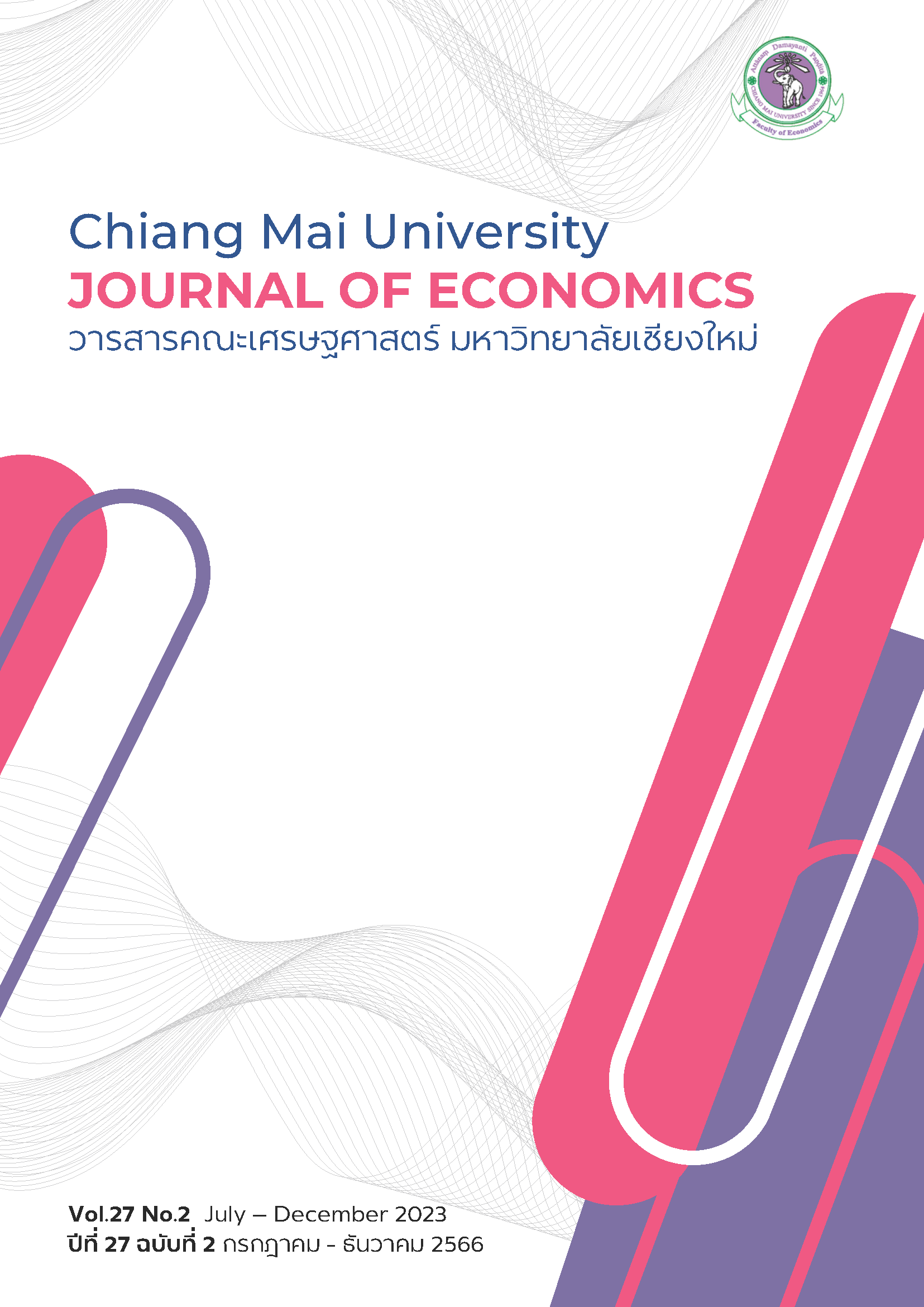Rate of Return on Education of the Bachelor Degree in the Faculty of Education and Educational Innovation, Kalasin University
Keywords:
Private Rate of return, Investment in Education, Cost of EducationAbstract
The objective of this study is to analyze the private rate of return to investment in education of Bachelor Degrees in the faculty of education and educational innovation, Kalasin University. As information for choosing a university, the results of the study may be used by those who are interested in furthering their education in the faculty of education and educational innovation, Kalasin University. The primary data were collected from interviewing 340 students in the academic year 2018-2021. And the secondary data were from other sources and related studies. In the analysis of economic costs and returns for investment in education, By means of the net present value (NPV), the benefit-cost ratio (B/R) and the internal rate of return (IRR). The study has found that the private rate of return to investment in education of Bachelor Degrees in the faculty of education and educational innovation, Kalasin University was cost-effective. It is also found that under the possible changing conditions that (1) the cost of education was assumed to increase which may be because the cost of graduate production was higher, and/or (2) the benefits expected to obtain from work were assumed to decrease which may be because of the competition among education institutes to produce graduates in response to the job markets demand, the private rate of return to investment in education in the faculty of education and educational innovation, Kalasin University was still cost-effective. Those who are interested in continuing their education in the faculty of education and educational innovation, Kalasin University not only need to be qualified for the universities entrance examination, but also have sufficient financial support to receive this high cost educational services.
References
Bank of Thailand. (2023). Deposit Rates for Individuals of Commercial Banks as of 03 February 2023. Retrieved from https://www.bot.or.th/en/ statistics/interest-rate.html. (In Thai)
Bank of Thailand. (2023). Fixed interest rates on government bonds and state enterprises. Retrieved from https://www.bot.or.th/Thai/DebtSecurities/ Information/ BondProfile/ CouponRates/Pages/default.aspx. (In Thai)
Cohn, E., & Geske, T. (1990). Ch. 7: Production & Cost Functions in Education. In The Economics of Education. New York: The Free Press.
Krejcie, R. V., & Morgan, D. W. (1970). Determining sample size for research activities. Journal Education and Psychological Measurement, 30(3), 607-610.
Romyen,O., Romyen, J., & Sregarn, K. (2022). Analysis of Cost and Return on Educational Investment of Students in Faculty of Management Technology at Rajamangala University of Technology SrivijayaNakhon Si Thammarat Campus (Sai Yai). Journal of Human and Society Sisaket Rajabhat University, 5(2), 22-43. (In Thai)
Sirichana, V. (1997). Quality Assurance in University Education. Bangkok: Sukhothai Thammathirat Open University. (In Thai)
The Comptroller General's Department. (2560). Civil Servants' Salary Structure Rating T1. Retrieved from https://personnel.psu.ac.th/ word/9.16.pdf. (In Thai)
Wongsasri, P. (2010). Human Resource Management. Bangkok: Faculty of Management Science, Suan Dusit University. (In Thai)
Yubilianto. (2020). Return to education and financial value of investment in higher education in Indonesia. Journal of Economic Structures, 9(17), 1-28. https://doi.org/10.1186/s40008-020-00193-6
Downloads
Published
Issue
Section
License
Copyright (c) 2023 CHIANG MAI UNIVERSITY JOURNAL OF ECONOMICS

This work is licensed under a Creative Commons Attribution-NonCommercial-NoDerivatives 4.0 International License.
All opinions and contents in the CMJE are the responsibility of the author(s). Chiang Mai University Journal of Economics reserves the copyright for all published materials. Papers may not be reproduced in any form without the written permission from Chiang Mai University Journal of Economics.






